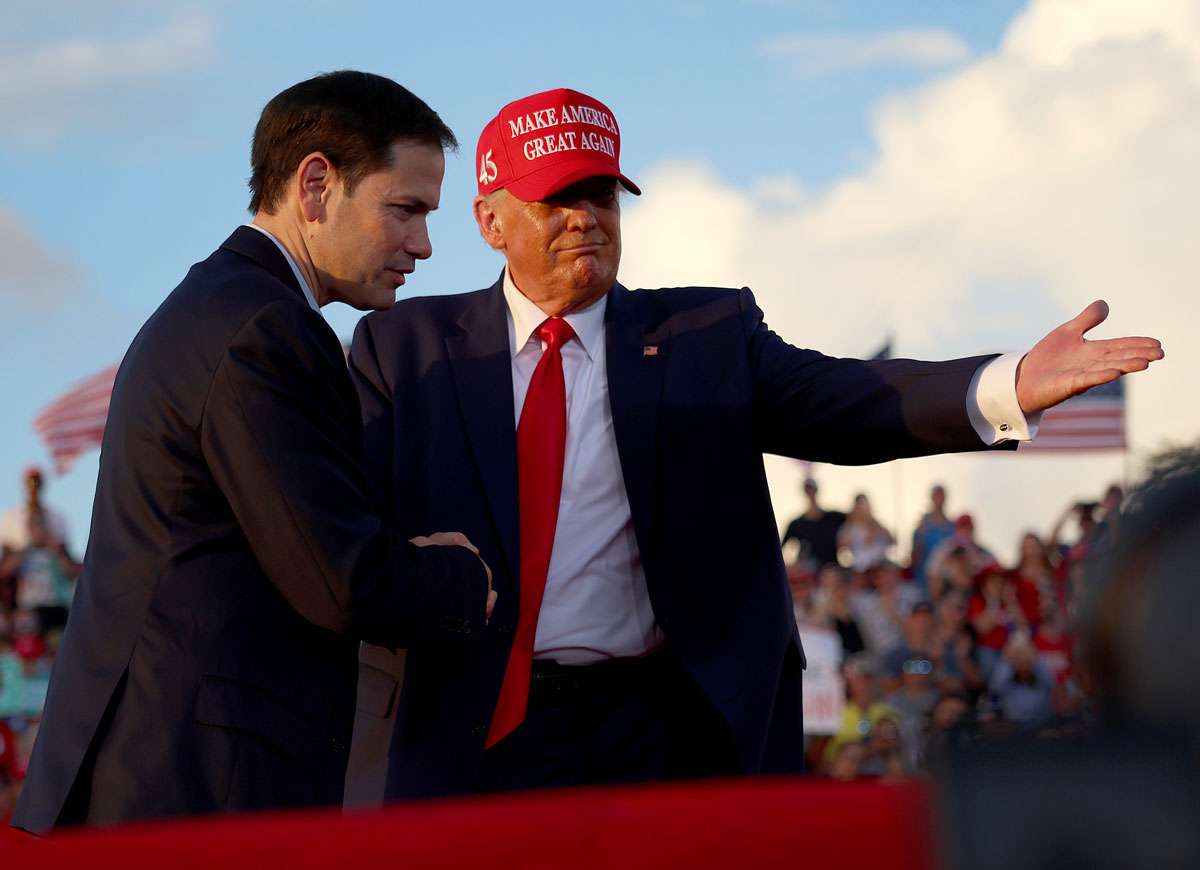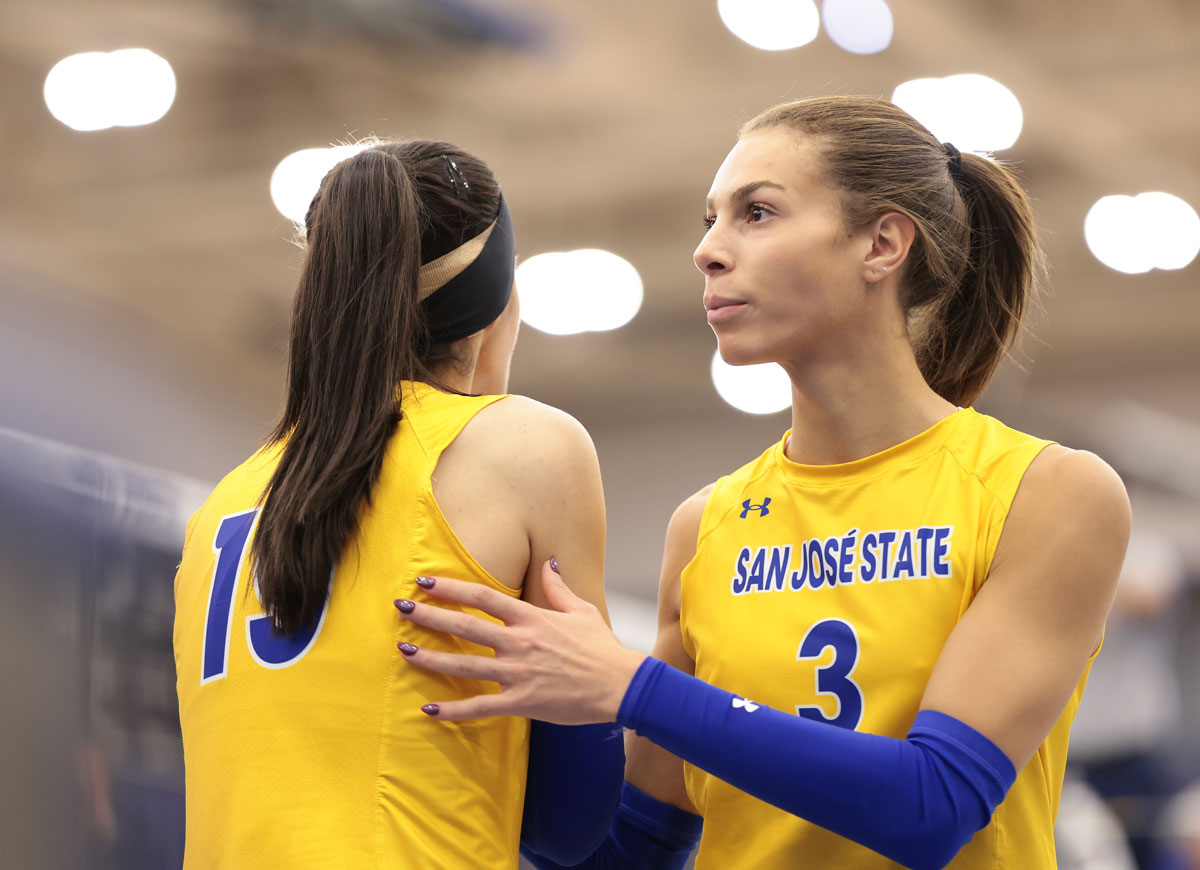Kentucky Attorney General Daniel Cameron Tries To Block Release Of Grand Jury Audio Of Breonna Taylor Case
Kentucky Attorney General Daniel Cameron (R), who served as a prosecutor in the Breonna Taylor case, has filed a motion to block the release of audio related to the grand jury proceedings.
After an anonymous member of the jury presiding over the Taylor case had accused Cameron of misrepresenting findings to the jury, a request was made by his attorney to have all recordings and transcripts released. Kevin Glogower, the attorney that represents the juror, said in a statement, “My client wants to make sure that anything that happened in there becomes something of public knowledge to the extent that is legally allowed too.”
Louisville’s new police chief, Yvette Gentry, who replaced former Police Chief Steve Conrad after a June incident that resulted in the shooting of a black man, echoed the sentiment. Gentry told CBS, “I think you have to acknowledge that some of the reasons why they don’t trust it is because some of the basic information has been skewed,” she said. “And I understand what it feels like to be angry and neutralized and upset, both from what the protesters are feeling and the officers as well.”
Initially, Cameron firmly denied the request though later caved in after Judge Ann Bailey Smith ordered the release of the recordings, arguing them being solely available between both parties in the case. In an email to CNN, Cameron condemned the order and defended his earlier actions. “The Grand Jury is meant to be a secretive body. It’s apparent that the public interest, in this case, isn’t going to allow that to happen,” he said. “As the special prosecutor, our team has an ethical obligation not to release the recording from the grand jury proceedings, and we stand by our belief that such a release could compromise the ongoing federal investigation and could have unintended consequences such as poisoning the jury pool.”
The investigation of the botched no-knock warrant drug raid that led to the March 13 death of Taylor spawned waves of protests that shortly followed those inspired by the death of George Floyd. While public outrage had pushed authorities to investigate the matter, Cameron had refused to pursue homicide charges against Officers Myles Cosgrove and Jonathan Mattingly, both of whom were involved in the shooting death. In a statement to CNN, Cameron said, “Ultimately, our judgment is that the charge that we could prove at trial beyond a reasonable doubt was for wanton endangerment against Mr. Hankison,” in reference to his office opting only to charge one officer whose bullets were fired into a neighboring apartment, leading to Officer Brett Hankison later being firing.
RELATED ARTICLES
Get the most-revealing celebrity conversations with the uInterview podcast!







Leave a comment